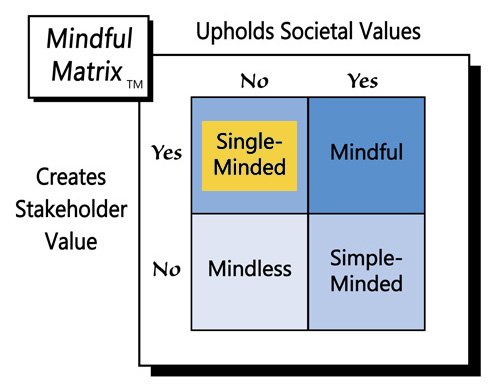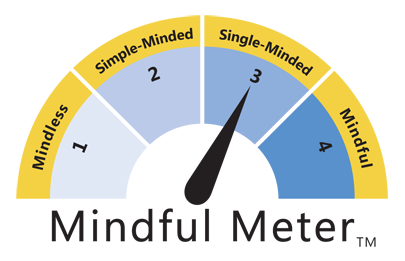As many know, the Canadian-born mega-popstar is no stranger to scandalous headlines, including ones involving vandalism: In July of 2014 he pleaded no contest to a misdemeanor for egging a neighbor’s house. Now, however, Team Bieber’s activities have ascended to another level of illegality: defacing public property.
Residents of San Francisco have been among those most directly affected. Bieber’s record company is reportedly responsible for scrawling on sidewalks around the city messages aimed at promoting “Purpose,” the singer’s latest album and corresponding concert tour. The choice of graffiti to advertise Purpose was very purposeful as “all of the track titles were released via photos of elaborate graffiti artwork on the star's Instagram page.”
However, the cleverness of the album/graffiti tie-in was lost on San Francisco residents who found their city littered with pavement promos like “Justin Bieber Purpose #Nov13.” Also, because the perpetrators used paint instead of chalk, the words wouldn’t simply wash away, which forced the city’s attorney Dennis Herrera to take legal action. He demanded that Bieber’s record label (Def Jam) and the distributor (Universal) help clean up the writing or face $2,500 in fines per graffiti site.
Actually, what Bieber’s promoters propagated in San Francisco and other select U.S. cities is not unprecedented. Certain other marketers also have resorted to similar tactics of placing unusual promotional messages in public places. These unconventional approaches are more broadly known as guerilla marketing and include tactics such as the following:
- For its annual “Shark Week,” the Discovery Channel placed on certain beaches surf boards that had large shark bites taken out of them.
- Bounty Paper Towels placed gigantic spilled coffee cups and huge melting popsicles on city streets along with the message “Makes small work of BIG spills.”
- Beau Rivage Resort Casino made airport baggage carousels look like streams of water with people swimming in them.
- To promote its new grip bottle, Coca-Cola created bus stop ad panels that grabbed people’s clothing when they stood near the signs.
- The Copenhagen Zoo used bus art that looked like a giant boa constrictor was wrapped around the bus.
So, if some large and well-respected companies use guerilla marketing tactics, what’s wrong with Justin Bieber’s crew painting promotions on sidewalks? Here are some possible reasons:
- No one sought permission: Even if an action isn’t inherently wrong, you need to ask first, especially when dealing with things like city ordinances and outdoor advertising.
- Eyesores: Even aesthetically appealing advertising can be off-putting if there’s too much of it or if its placements detracts from other environmental elements.
- One-sided benefits: Advertisers typically pay media to have their messages placed in public view. In this case, Bieber got all the benefits while the cities received none.
- Hazard: The Bieber promos didn’t appear to be shocking or pose any psychological harm to viewers; however, depending on exactly where they were placed, some of the messages may have created distractions that could have caused people to do things such as stumble, collide with other pedestrians, or inadvertently step into traffic.
Has this guerilla marketing been effective for Bieber? Unfortunately, it probably has. Of course, there are other factors, but Purpose has seen 17 of its tracks make it into Billboard’s Hot 100 in a single week, which eclipsed a 51-year-old record previously set by the Beatles. Likewise, Biebers song “Sorry” recently unseated Adele’s “Hello” atop the same list. In addition, the graffiti tie-in has likely bolstered Bieber’s brand, including his bad-boy image, which many “Beliebers” seem to embrace.
Bieber’s graffiti promos have not, however, upheld societal values. Instead, the unauthorized guerilla tactics have demonstrated disrespect for public property and the taxpayers who finance it. Meanwhile, other graffiti producers are probably emboldened by Bieber’s example.
Ironically, the title track from Purpose includes the following lyrics:
I don't know if this is wrong
Because someone else is telling me that it's wrong
But I feel this so let me just like, try my best not to let this happen again
We weren't necessarily put in the best position to make the best decisions.
Those decisions represent a clear case of “Single-Minded Marketing.”
Learn more about the Mindful Matrix and Mindful Meter.
Check out Mindful Marketing Ads and Vote your Mind!




 RSS Feed
RSS Feed